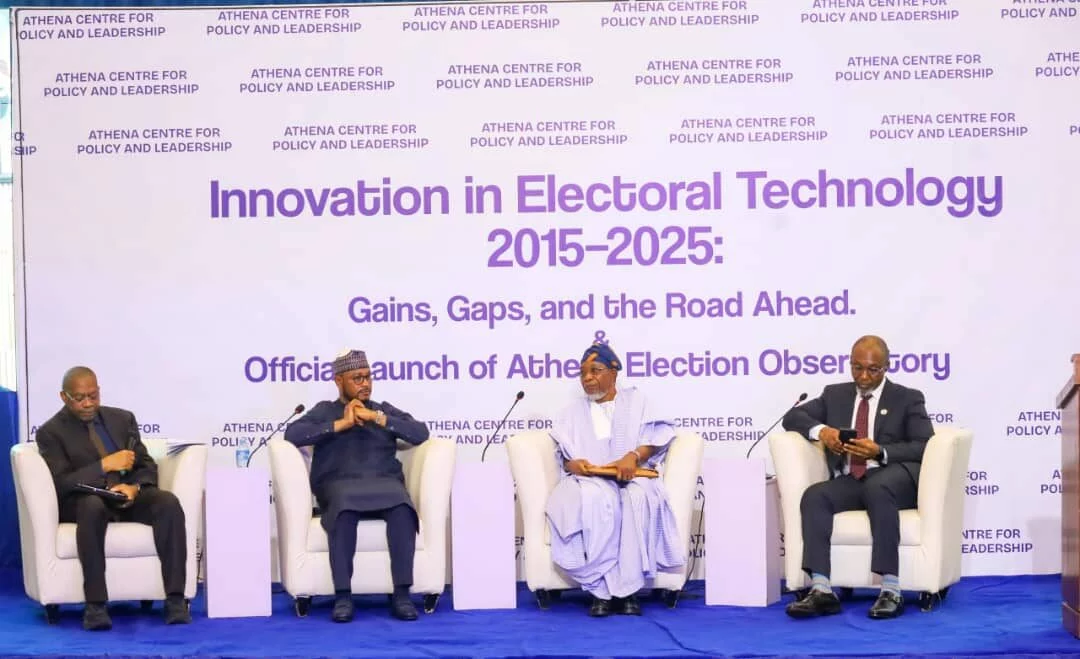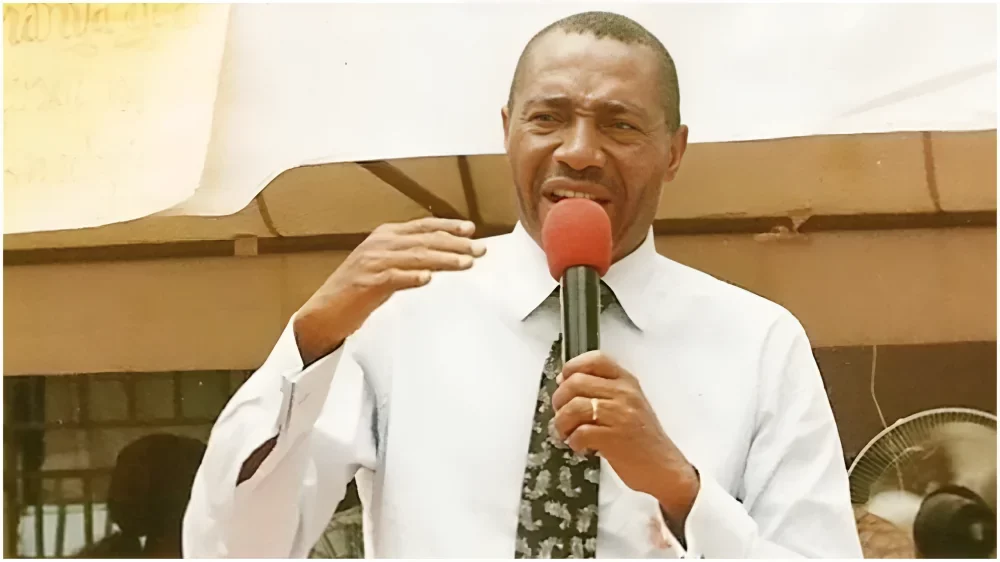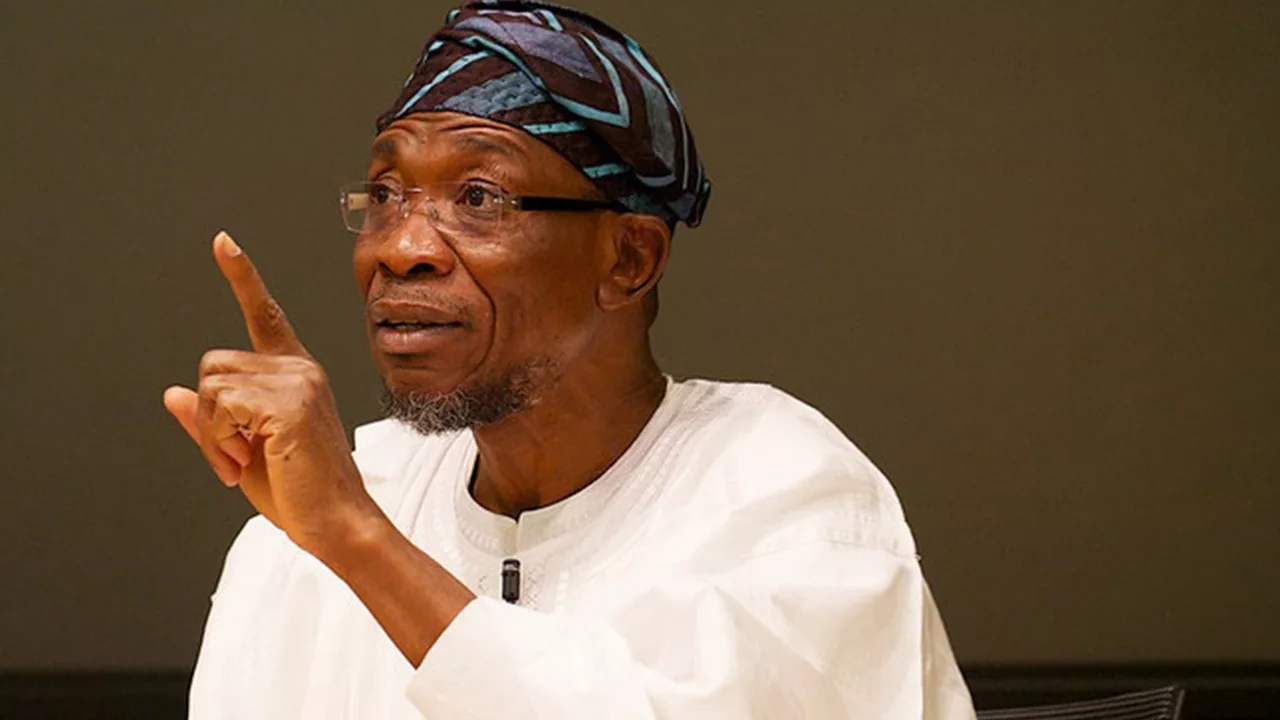Political Heavyweights Demand INEC Election Reforms

Political leaders and electoral experts convened in Abuja for a national dialogue hosted by the Athena Centre for Policy and Leadership, focusing on 'Innovation in Electoral Technology 2015-2025: Gains, Gaps and the Road Ahead.' The central demands emerging from this crucial discussion were for the Independent National Electoral Commission (INEC) to publicly demonstrate its election technology before each poll and to integrate the voter register with the National Identity Management Commission (NIMC), all aimed at restoring diminishing public confidence in Nigeria's electoral processes.
Among the most vocal critics was Rauf Aregbesola, former Osun State governor and African Democratic Congress (ADC) national secretary. He delivered a sharp assessment, fundamentally questioning the structure of INEC's leadership. Aregbesola asserted that "A situation where the principal beneficiary of manipulation nominates who chairs INEC has sincerely dictated what will happen." To counter this, he proposed a significant structural reform: that political parties with at least five members in the National Assembly should have an equal say in nominating individuals to lead INEC. Furthermore, he unequivocally demanded that INEC strictly adhere to the provisions of the Electoral Act, which mandates the prior demonstration of its technological systems.
In contrast, Anambra State governor, Prof. Chukwuma Soludo, adopted a more conciliatory stance, urging stakeholders to acknowledge the considerable progress Nigeria has made in its electoral system compared to its troubled past. He expressed his belief in the efficacy of technology and credited INEC for having "done relatively well," noting the stark improvement "like the difference between day and night." However, Soludo did not shy away from addressing the deeply entrenched "Nigerian factor," where some politicians inherently expect electoral manipulation. He humorously observed, "Some politicians are sleeping at night because they don’t believe that people can just cast their vote, you count it, and announce the result. No, there will be some wayo (cheating)." Aligning with the call for greater accountability, Soludo insisted that INEC officials found guilty of violating electoral guidelines must be prosecuted and face imprisonment.
Adding a data-driven perspective, Osita Chidoka, the chancellor of the Athena Centre, presented compelling evidence that identified non-compliance at collation centres as a critical and pervasive failure point in recent elections. He unveiled statistics showing that over-voting, even in a limited number of polling units during recent governorship elections in Kogi, Imo, and Bayelsa states, cumulatively generated hundreds of thousands of votes – a volume sufficient to "change the face of the election." Chidoka rated INEC's performance in managing this non-compliance as very low, scoring it between 40-59 percent, and branded it as the "Achilles heel of our election."
Echoing the necessity for robust technical underpinnings, Zamfara State Governor, Dauda Lawal, emphasized the urgent need for a proper and real-time integration of the Bimodal Voter Accreditation System (BVAS) and the INEC Result Viewing Portal (IReV). He stated, "Let there be a proper integration of BVAS as well as IReV. Now, let it be online in real time. For us to do that, infrastructure is key to solving this problem." Governor Lawal further underscored that for truly credible elections, the focus must shift from individuals to building strong, enduring institutions and rigorously upholding the rule of law. The collective sentiment of the dialogue highlighted a strong demand for enhanced transparency, accountability, and technological integrity to rebuild public trust in Nigeria's democratic process.
You may also like...
Shocking Claims: Star Striker Victor Osimhen Faces Lifelong Medical Battle!

Turkish football doctor Ahmet Çakar has made serious, unconfirmed claims about Nigerian striker Victor Osimhen's lifelon...
Breaking: Boxing Legend Tyson Fury Confirms Comeback, Return Date Set!

Boxing promoter Frank Warren has confirmed that Tyson Fury is planning a return to the ring next year, despite his earli...
Jared Leto's 'Tron: Ares' Ignites Furious Debate: A Sci-Fi Masterpiece or a Buggy Disaster?

Disney's latest attempt to revitalize the "Tron" franchise, "Tron: Ares," aims to simplify its narrative while retaining...
Michael Mann's 'Heat 2' Officially Ignites: Blockbuster Sequel Finds New Home at Amazon MGM!

Michael Mann's long-awaited "Heat 2" is officially moving forward, finding a new studio home at Amazon MGM-owned United ...
Diddy's Pardon Plea Ignites Firestorm: 50 Cent Slams Trump Confirmation

Sean "Diddy" Combs' recent 50-month prison sentencing for federal prostitution law violations has taken a new turn with ...
Zach Bryan's ICE Lyrics Spark White House Backlash: 'Americans Disagree'

Zach Bryan has ignited a political firestorm with a snippet of an unreleased song critical of ICE, drawing swift condemn...
J.Lo & Ben Affleck: Hollywood's Power Couple Lights Up Red Carpet Once More

Jennifer Lopez and Ben Affleck reunited on the red carpet for the New York City premiere of 'Kiss of the Spider Woman,' ...
One Direction Star Louis Tomlinson's Raw, Emotional Farewell to Liam Payne

Louis Tomlinson has opened up about the profound grief following the tragic death of his friend and former One Direction...




